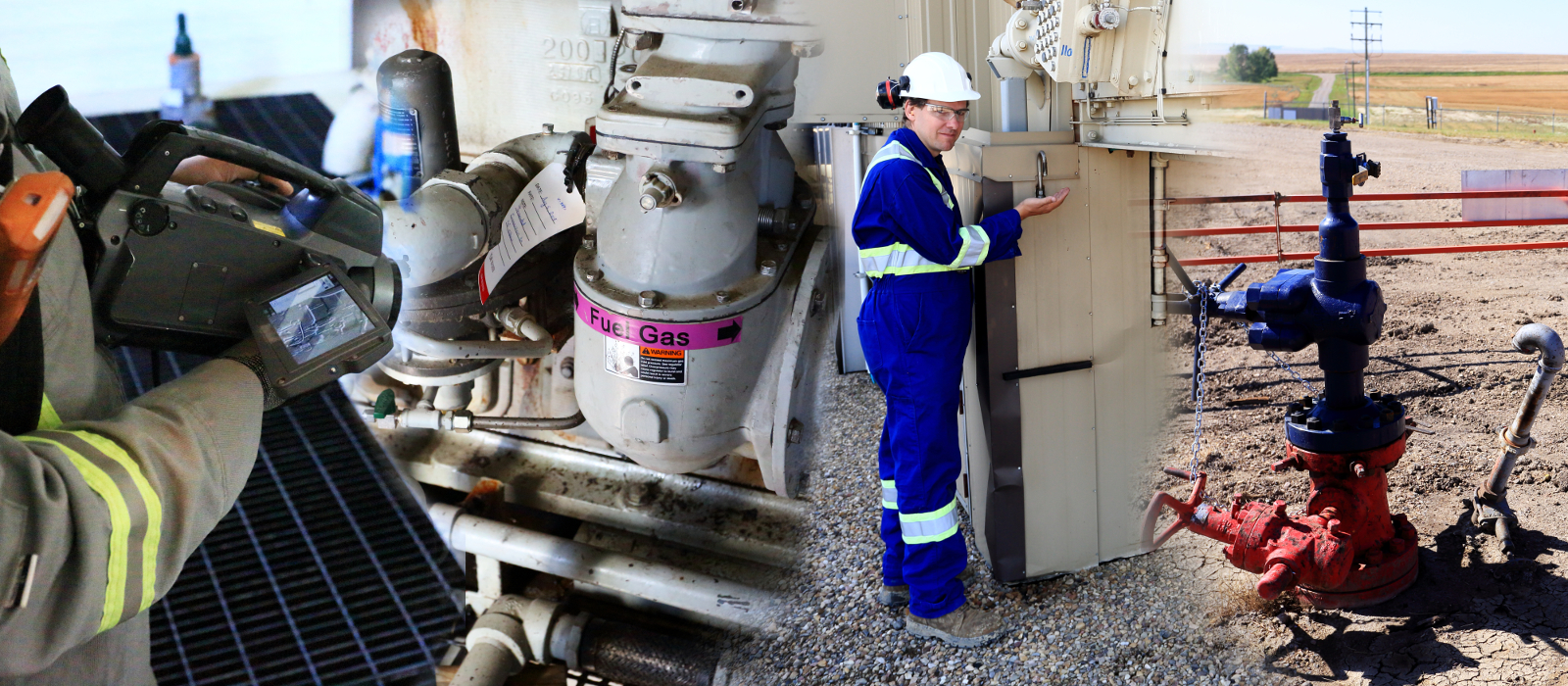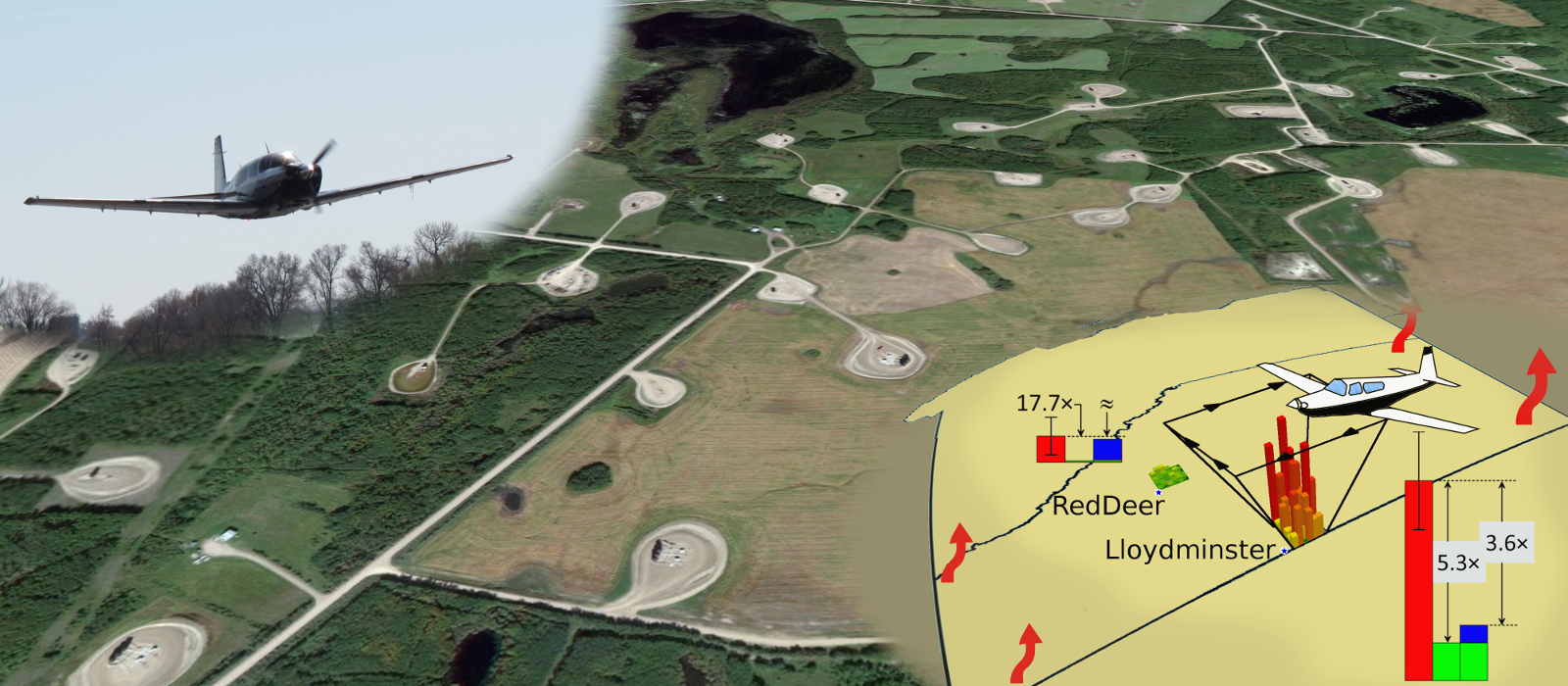For 2024 CanCH4 Symposium, please click on the link below:
Methane Symposium
Tuesday, November 21st, 2017
Carleton University, Ottawa
The most recent peer-reviewed analysis (Gasser et al., Earth System Dynamics, 2017) suggests that the climate forcing effect of methane in the atmosphere is 34 and 96 times more potent than CO2 on a 100- and 20-year time horizon. Current inventory estimates suggest approximately half of Canada’s total methane emissions are from the energy sector. Accordingly, the Government of Canada has announced its intent to reduce oil and gas sector methane emissions by 40-45 per cent below 2012 levels, as part of delivering on its international climate commitments.
With support of Environment & Climate Change Canada (ECCC) and Natural Resources Canada (NRCan), the Energy & Emissions Research Lab at Carleton University is proud to host a national methane symposium, “Methane Emissions in the Canadian Oil and Gas Sector — Current Science and Policy Implications” on November 21st, 2017. The symposium will assemble leading national and international experts with direct knowledge of recent methane measurements and mitigation opportunities in the Canadian energy industry. Building on results of a range of soon to be released airborne and field measurement studies, as well as parallel techno-economic analysis of mitigation potential, the goal of the symposium is to focus on the question, “What does the latest science mean, and how does it relate to Canada’s objectives of achieving 40-45% reductions in methane in the oil and gas sector?”


